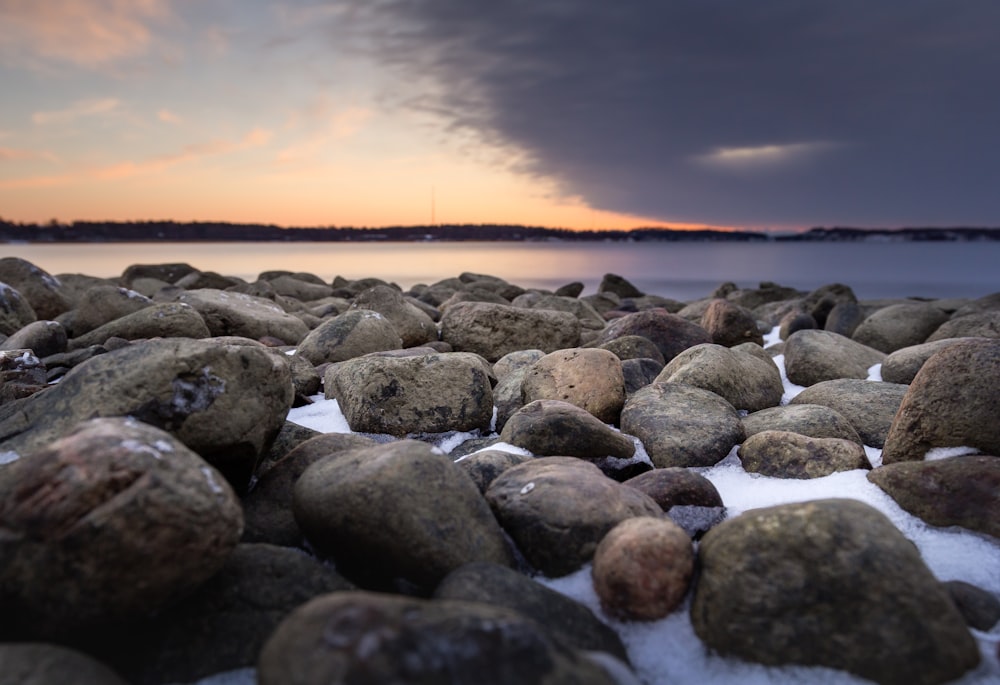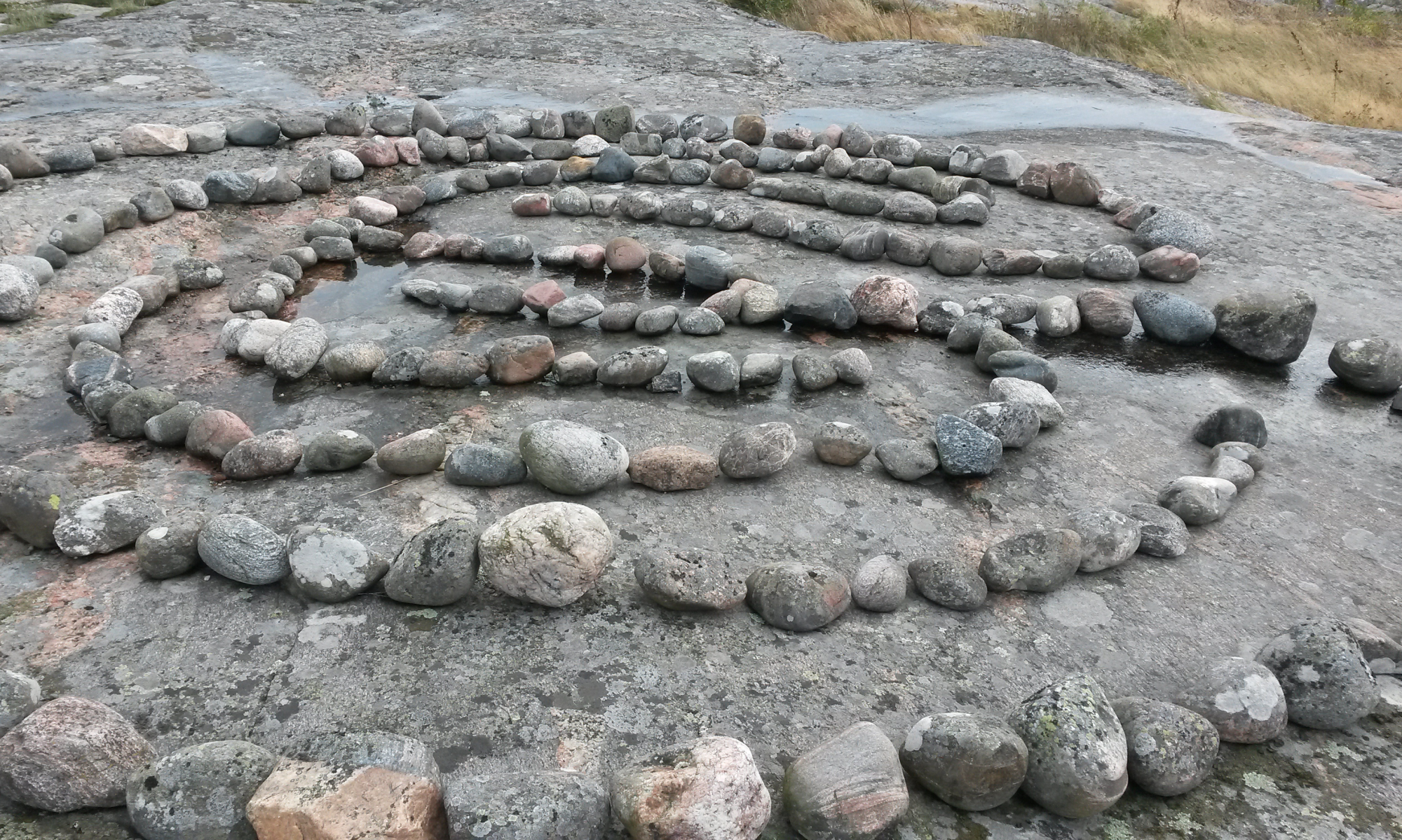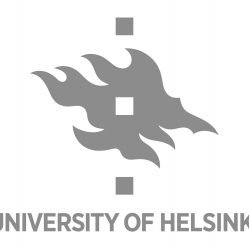Dear seminar participants,
After the opening words, we have now listened to Michiru Nagatsu’s keynote, seven paper presentations and Marianna Vivitsou’s open talk and discussion on ‘Boundaries’.
The Dean Johanna Mäkelä started her introductory words with the terrible war that is going on in Ukraine, something that in more than a week has cast a shadow over everything we do. However, without facing the issue, we cannot go forward, and there are many other problems that create the need to do our best jointly for a better world. As Johanna Mäkelä said, sustainability must be more than a buzzword, and it is not only about how to protect the environment, but, importantly, about democracy and social justice.
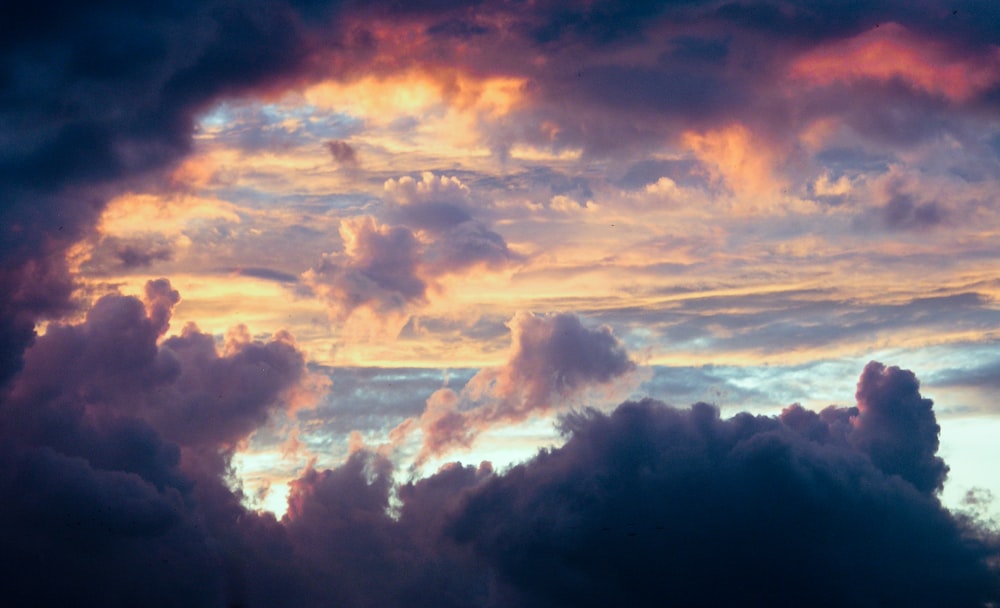
Michiru based his keynote on three books ─ the first written by Sam Bowles and Herb Gintis, the second by James Scott and the third by Bryan Caplan. Michiru raised the issue about how or, rather, if education can actually lead to any radical change. He showed how education, or rather students, are trapped in a system in which they start to behave in accordance with what is expected by educational politics and the labor market, striving for good grades and degrees. This system splits the students into winners and losers. According to Caplan, education is even a waste of time. Education is then a useful predictor of job success and the use of it, even if it is not necessarily the most intelligent students that succeed. Education fosters conformists. If I relate this to Foucault’s ideas about power, the students may completely adapt the ideas of the system, and, thus, themselves start to live and mirror these ideas. Michiru’s message, as I see it, is that education needs to focus its development interest on the systems that make humans who they are.
In the first paper presentation, Aikaterini Velentza told us about maritime archaeology research and its role in sustainability education. She emphasized cultural heritage and local indigenous knowledge as sources of creativity for climate change. She also presented two interesting courses, and stressed both the importance of working with the public and academics.
Since we are researchers our tools are research, and especially to perform research that changes education. As you all know, changing something with such strong traditions as education is all but easy. Many educational procedures, like the disciplinary split, has been the same for hundreds of years. This separating procedure has also been more or less self-evident.
Inna Sukhenko told us about energy literacy as well as nuclear literacy and how narratives can support the understanding of these difficult issues that relate to energy production, energy transition and energy consumption. She also raised the point about criticism and a call for new narratives.
Riikka Hohti talked about children of the Anthropocene and divided current challenges in three types of crises: environmental , ontological crises and crises of imagination. In her presentation, Riikka urged us to turn our attention toward polyphonic assemblages. She especially mentioned atmospheres, in both a material and affective sense, both collectively and cognitively.
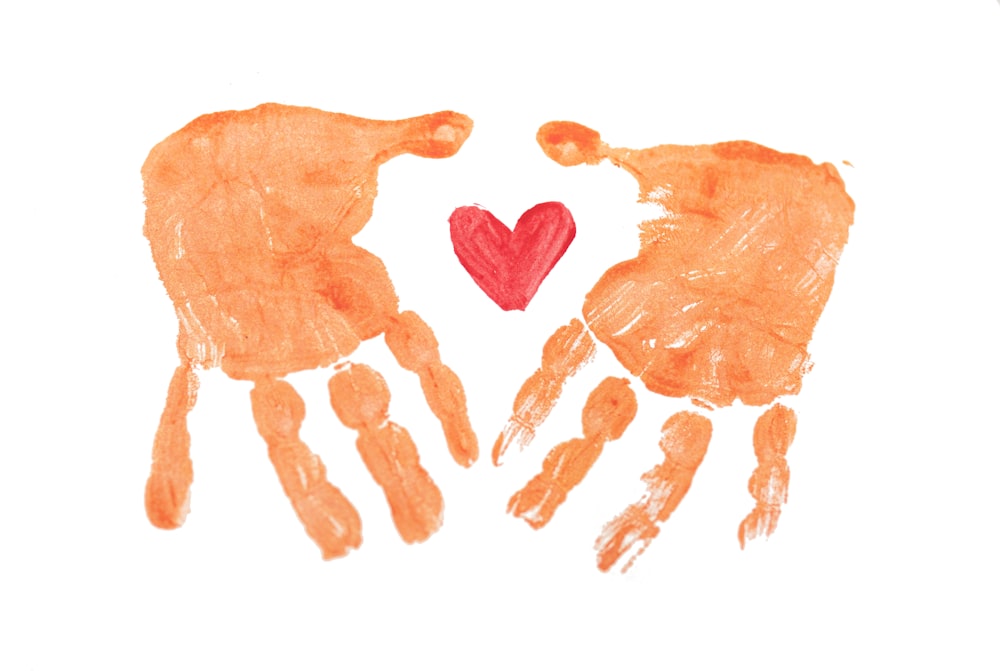
Jenny Niu discussed how to support children’s sustainable growth by rather focusing on the root causes of a specific behavior than on the solution without knowing the cause.
Satu Valkonen’s presentation dealt with the role of sustainability in early childhood education (ECE), and how to encourage social emotional competence in the early years. Her study shows that equity and diversity are difficult issues in ECE, and as I understand, this is often neglected or handled shallowly in ECE.
Tapio Rasa and Antti Laherto talked about futures education, and how to prepare students for the time to come. In this process, understanding of the past and the present also play important roles. Their study deals with what young people think about the future. Tapio and Antti see it as important to focus on creativity, agency and ownership of the future, if the aim is to change education.
Hannele Cantell told a personal story about her development as environmental educator and sustainability education researcher. This was an important historical narrative. However, Hannele forgot to tell about her role as an influencer teaching thousands of students about sustainability issues and her writing of hundreds of textbooks on the issue.
Marianna talked about boundaries from a post humanistic point of view, based on the work of Karen Barad, and raised thoughts about the melting of boundaries, and how change is enacting and interacting in the world. Since I have had an interest in Zen Buddhism, I hear a kind of yin yang thinking in the story Marianna tells based on the metaphor of diffraction – that there are always something of yin in yang and something of yang in yin, and that these elements are flexible and steadily changing.
Aikaterini mentioned that the latest Intergovernmental Panel on Climate Change (IPCC) report was published a few days ago. This report has a depressive messages and needs to be read and acknowledged. But in this situation when we in this part of the world is paralyzed by the news about the war in Ukraine, the IPCC report is easily neglected. Inna also showed that the war in Ukraine can have extremely serious consequences. With these words, I am not suggesting that the one threat is more important to notice than the other. On the contrary, as educational researcher I see these both as huge problems that shake our worlds in many ways.
We have also heard ideas about how we can continue and create new cooperation methods – erätauko (timeout-dialogue) – and how to involve colleagues at the Faculty and outside the Faculty of Educational Sciences in the discussion about and development of Sustainability Education. I must say that I am really glad that we have had several participants today that represent other Faculties, and who have brought in new perspectives in the SusEdu discussion.
Yet, the spring is here, the sun is shining and we do also need to take care of ourselves and each other to have enough strength to tackle all the challenges we face in our work and in our private lives. So, with these words, I want to thank you all who have attended this seminar independently from your role. We have listened to many really boundary-crossing and interesting thoughts.
My heartfelt wishes to you, take care of yourselves and enjoy the weekend.
